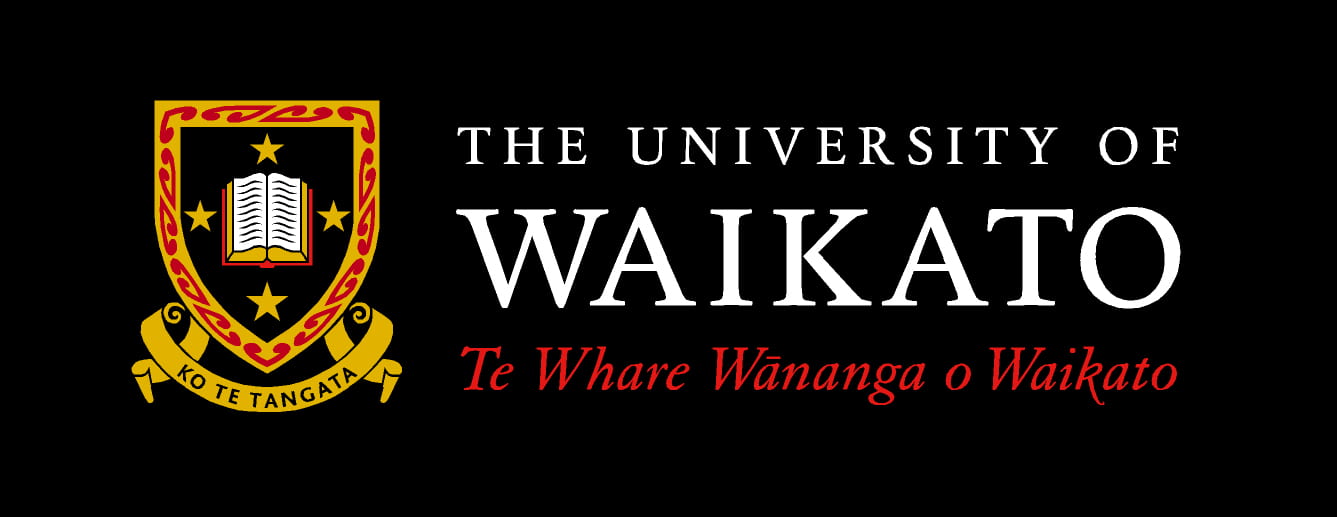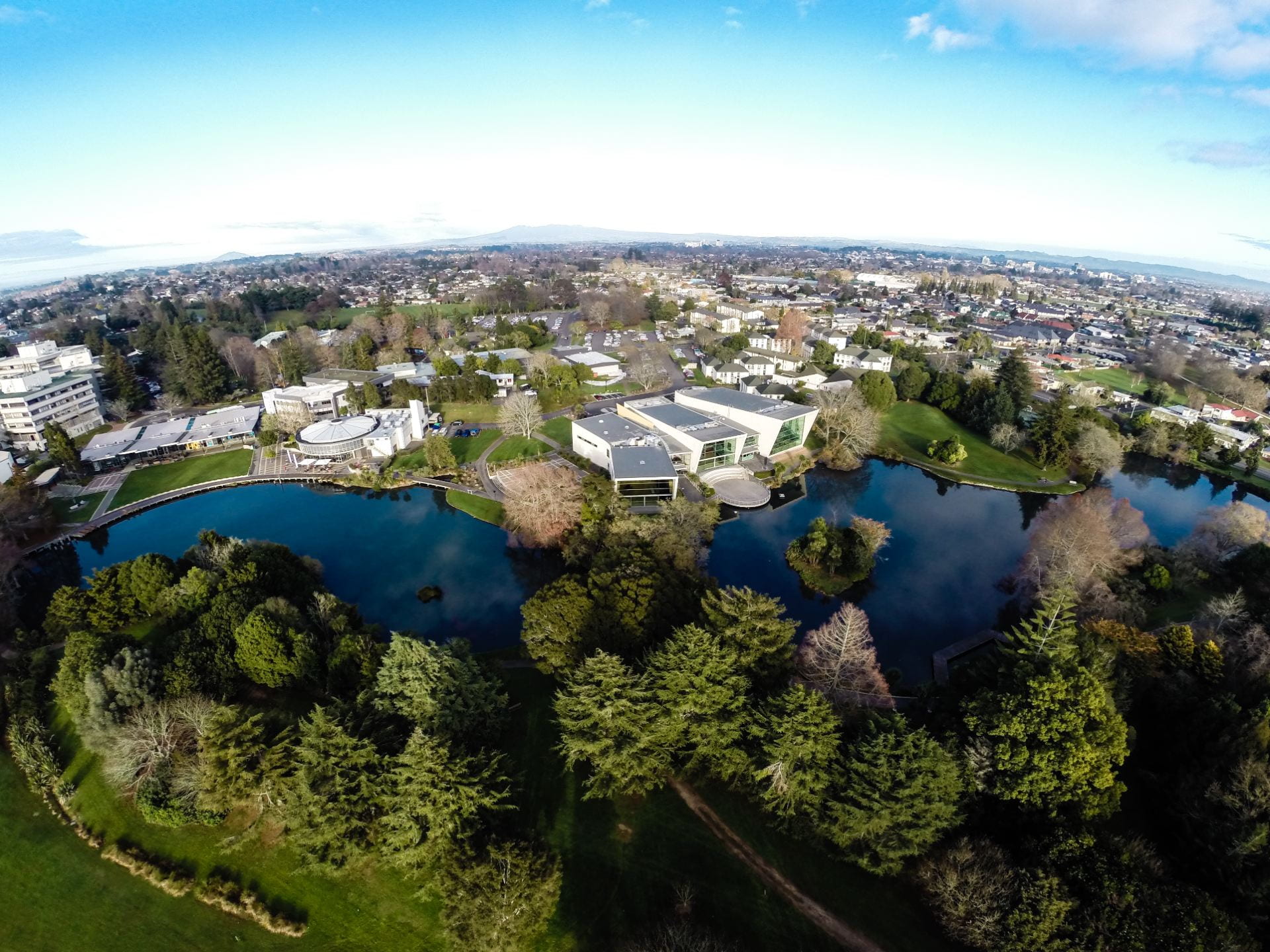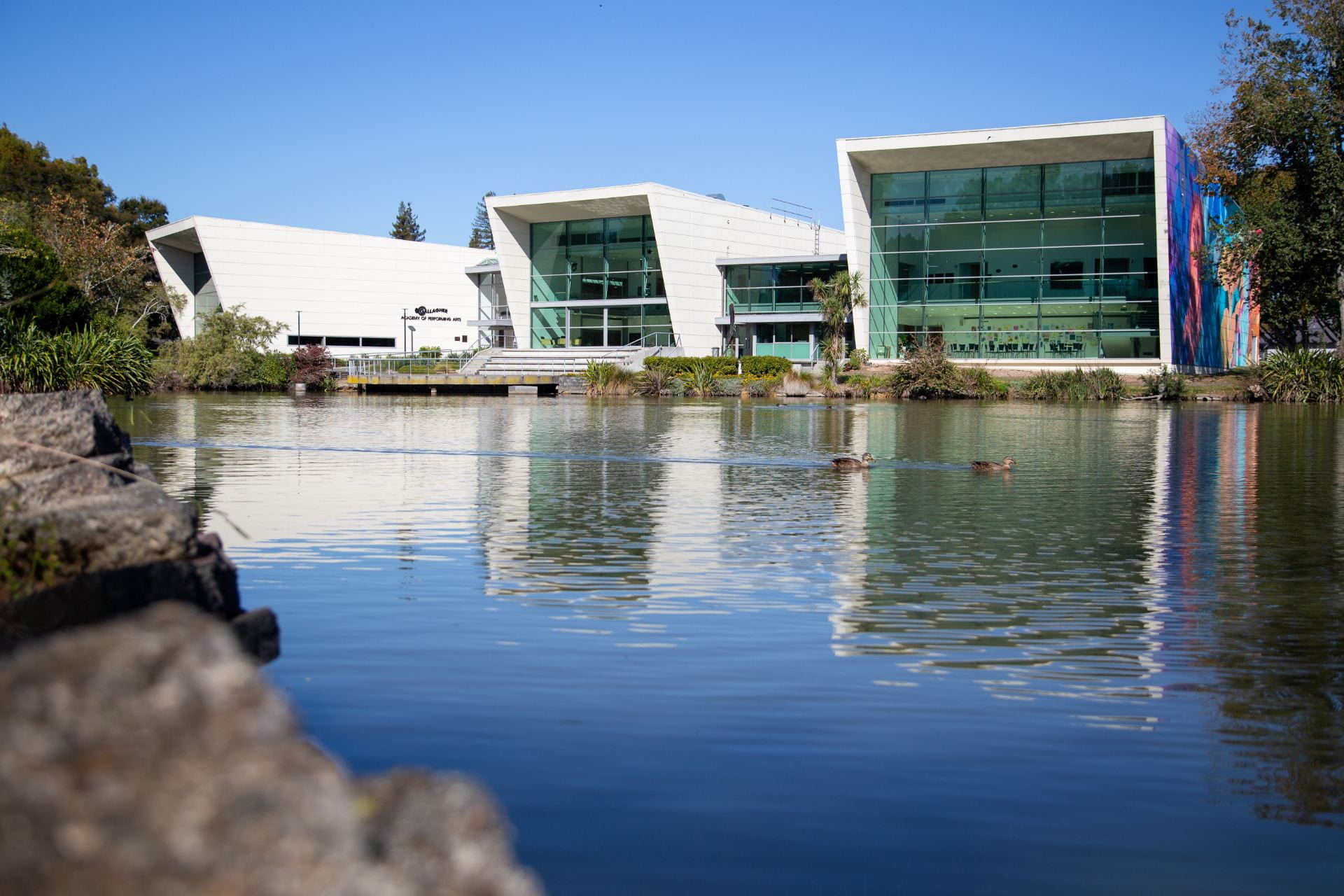2023 Workshops
Introduction to High Performance Computing on NeSI:
Will no longer be offered as a eResearch NZ 2023 workshop. If you are interested in attending this regularly provided workshop please email events@nesi.org.nz
The state of data in research within Aotearoa:
Title: The state of data in research within Aotearoa
Date/Time: Wednesday Feb 15
13:30 - 16:30
Room: Dance Studio
Presenters: Committee on Data in Research / Michelle Blake
About: The Aotearoa New Zealand National Committee on Data in Research (CoDiR) is a newly established group which brings together a diverse range of experts, communities, and organisations involved in the production, measurement, collection, storage, and use of data in research. The Committee provides a unique forum for identifying the challenges, opportunities, and initiatives which characterise Aotearoa’s current and future research data ecosystem, and connects to the global research ecosystem through national membership roles within such bodies as CODATA, WDS, and RDA. The committee recognises the uniqueness of Te Tiriti o Waitangi as a guiding and innovative force and supports the principles of Indigenous and Māori data sovereignty.
An initial project has been funded by MBIE to undertake a review of data in research within Aotearoa NZ. This review will:
●Define the area of research data including:
o Defining research data across it’s lifecycle
o Impact and value of research data
o Open and Safe data in research
o Indigenous data sovereignty
o Digital research infrastructure
o People, skills, expertise and workforce
● Describe the current national investments and support and look at international benchmarks
● Undertake a national landscape stocktake and present what is operating at a national level identifying research organisations, funding agencies, publishers, research-adjacent organisations as well as third-party service providers and international organisations
The project is at the early stage and this workshop provides an opportunity to hear more about the initial framing for this landscape review and through a World Cafe style approach provides an opportunity to help the project team crowdsource the challenges and opportunities we face as a sector.
Requirements: *Available in Person Only
Learn how to accelerate your research with Machine Learning on AWS:
Title: Learn how to accelerate your research with Machine Learning on AWS
Date / Time: Thursday Feb 16
11:00 - 15:00
Room: Upstairs Lounge
Presenters: Shivonne Londt
Karl de Borst
About: Take part in a hands on workshop that will introduce you to AWS machine learning services, followed by a deeper dive into using AWS for common machine learning tasks. Amazon SageMaker is the machine learning service on AWS that can help you to build, train, and deploy machine learning models for any use case with fully managed infrastructure, tools and workflows.
Bring your own laptop with a working internet connection and the ability to connect to external websites. We will provide the AWS accounts. No prior machine learning or AWS experience needed - bring an open mind. The workshop will show you how to use a low-code, visual interface to generate predictions from a dataset using Amazon SageMaker Studio. We will move onto using Amazon SageMaker as the development environment for machine learning on AWS and work through some common machine learning tasks, such as preparing, training and deploying machine learning models.
Requirements: *Available in Person Only
Must provide your own laptop with ability to log onto wifi.
This workshop requires registration via workshop selection link by Feb 13th.
Can we characterise Aotearoa New Zealand’s research data at scale:
Title: Can we characterise Aotearoa New Zealand’s research data at scale
Date/Time: Thursday Feb 16
15:30
Room: Upstairs Lounge
Presenters: Nick Jones
Claire Rye
Ai-Lin Soo
Rhys Francis
Luc Betbeder-Matibet
About: This workshop seeks to translate the approach and findings from an Australian sector initiative on the characteristics of research data and its supporting infrastructures at scale, and catalyse a similar initiative in Aotearoa New Zealand. It will benefit individuals in senior management or senior operational staff of research institutions. In particular, those in senior advisory and planning roles in research data infrastructure, research data service owners, individuals from Research Offices and information management. Equally important is participation from those in research roles responsible for data governance and management at larger scales, where their role seeks to meet their wider research community and stakeholder needs.
The ‘Macro View’ of data developed by the Research Data Culture Conversation (www.researchdataculture.org) provides a first ever estimate of the scale of research data retained by Australian research institutions and national research infrastructure facilities for future access. Starting in 2017, this work built a consistent view across institutions, scaling from a few to a whole sector approach over time. The project team will describe how they carried this work forward, some of the insights gained, and how it is facilitating the conversations for change.
To bring this into an Aotearoa New Zealand context, prior to the workshop we will survey New Zealand Universities and Institutions to ask some of the key questions, such as “how much unique data does your institution hold?”, and “given the importance of Indigenous Data Sovereignty in Aotearoa, and Te Tiriti requirements around active protection of taonga, what are the volumes and properties of Indigenous data in institutions?”. This workshop will not only review the emerging ‘Marco View’ of Australian research data, but use first hand data from participating New Zealand Institutions alongside both Australian and New Zealand case studies to explore the process and findings so far. There will be a series of presentations from research institutes on activities underway that support infrastructure at scale.
The objectives of the session are to:
● Review this first ever estimate of Australia’s retained research data;
● Characterise macro level trends in the types of data being retained;
● Define learnings and identify limitations for the macro view; and
● Receive input on defining next steps for Aotearoa New Zealand with regards to research data
Requirements: *Available in Person Only
Working with Singularity Containers:
Title: Working with Singularity Containers
Date/Time: Friday Feb 17
13:30 - 16:30
Room: Upstairs Lounge
Presenters: Callum Walley
Wes Harrell
About: Containers have become an indispensable part of many workflows in modern research computing, supporting software portability and reproducibility of results, and allowing software developers to bundle and distribute codes with complex dependencies as a ready-to-go solution. Various container runtimes have been created over the years, including the well-known Docker and Singularity packages. Singularity is widely used in many research computing disciplines and in high-performance computing, as its design supports these workflows well and integrates with accelerators and the Message Passing Interface (MPI) for distributed parallel computation.
This half-day hands-on workshop covers essential aspects of using Singularity, including the basics of containerisation, how to run and interact with containers, and how to create new containers. The workshop will be conducted on NeSI's Mahuika HPC, so attendees should bring a laptop, have a NeSI account, and should have basic command line skills. They are free to run Singularity on their own Linux system if they prefer, provided that they have sufficient privileges to install the software and run containers. Further instructions will be sent out ahead of the workshop.
Requirements: * Available in Person and Online
In person attendees require a personal laptop.
Virtual attendees should have access to multiple screens.
This workshop requires registration via workshop selection link by Feb 8th.
Keep up to date with us!
Thank you to our 2023 Partners and Sponsors:
Presenting Partners:



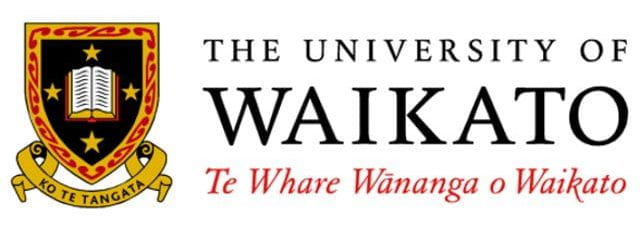
Sponsors:

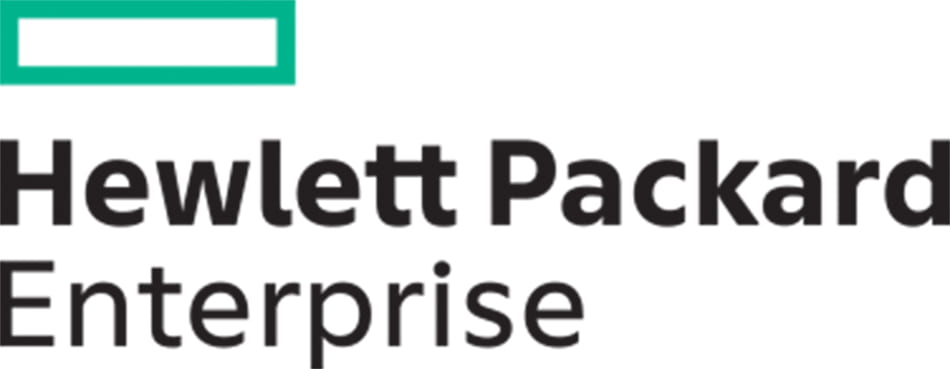

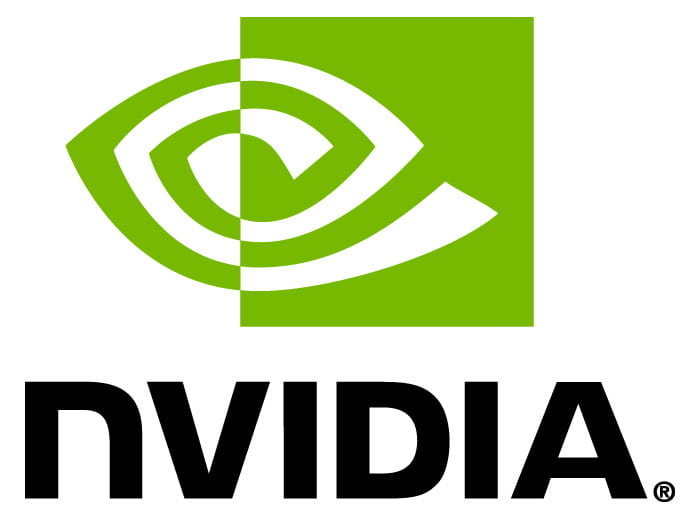
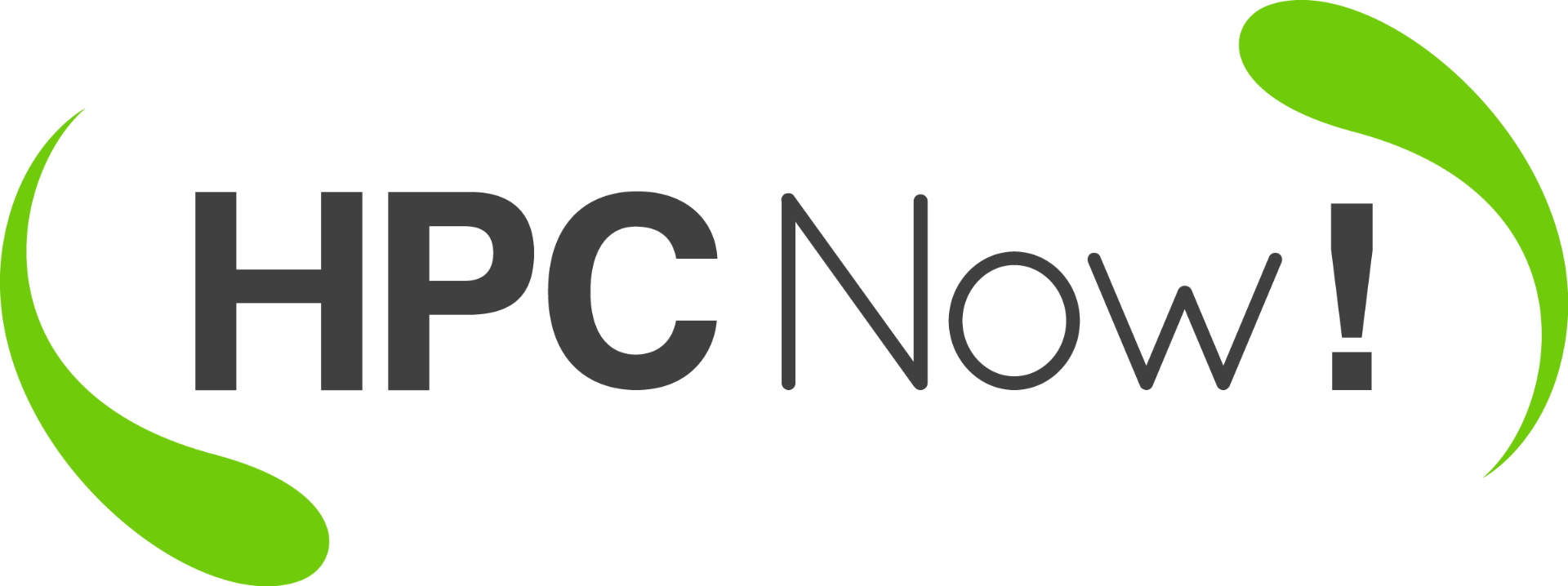
Contact Us
eresearchnzconference@auckland.ac.nz


